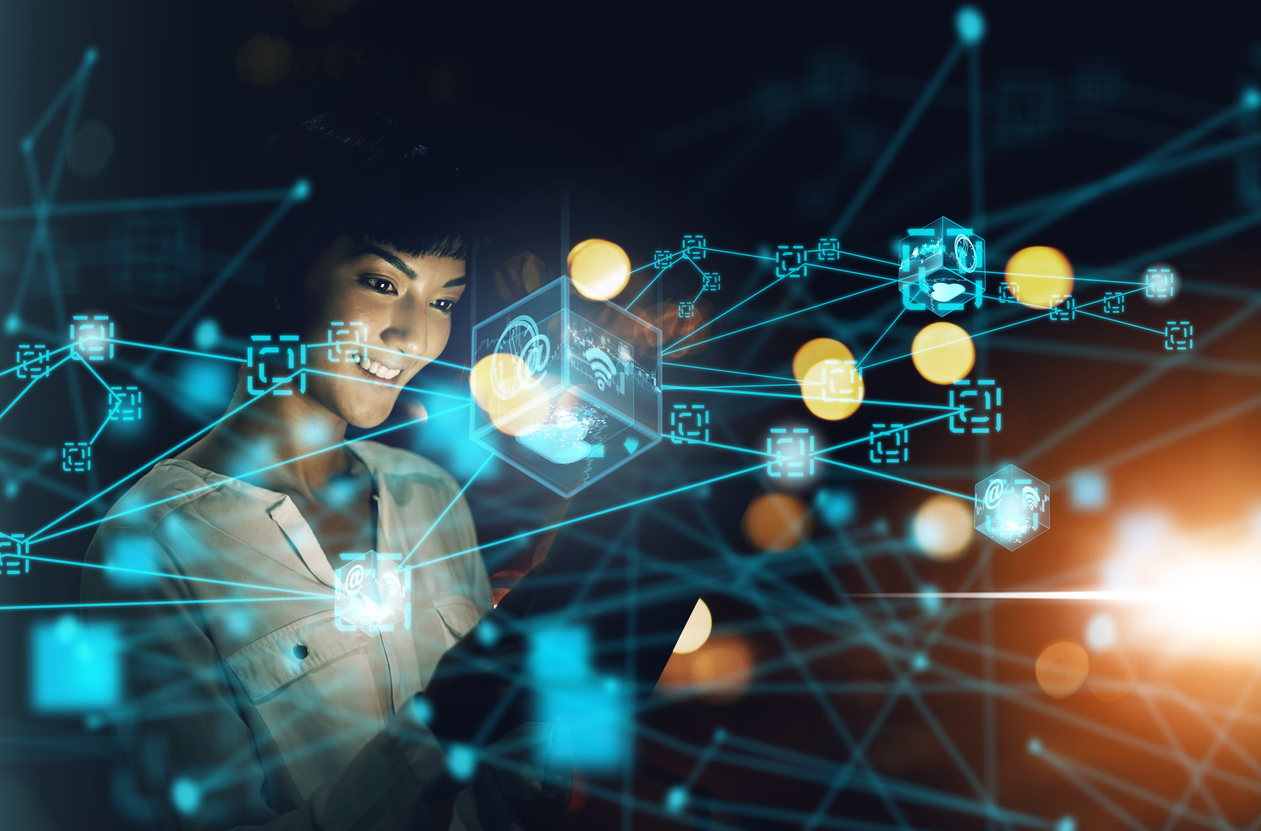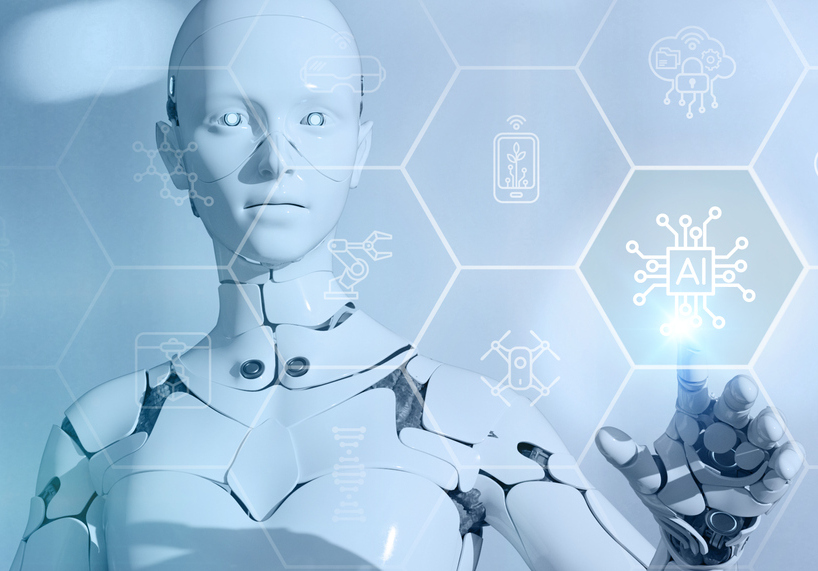Quantum Computing
Quantum computing is a revolutionary scientific field that is changing the way we process data and solve problems.
By integrating principles of computer science, physics, and mathematics, experts in quantum computing are exploring the capabilities of quantum mechanics to accelerate the speed of problem-solving.
This innovative system opens up a world of possibilities that could transform numerous industries such as finance, healthcare, and even transportation.
Computing power is at the core of many technological advancements, and the development of quantum computing could be the key to unlocking incredible potential for artificial intelligence (AI).
By utilizing quantum computing, we may soon be able to perform computations that were once considered impossible due to their complexity.
This could prove invaluable in solving intricate problems that current computers would take hundreds or thousands of years to solve.
The breakthroughs enabled by quantum computing won't just be limited to AI, but could have a profound impact on nearly every field of science and technology.
Who knows what discoveries await us with this powerful new tool at our fingertips?
Artificial General Intelligence (AGI)
The concept of Artificial General Intelligence has captured the imagination of researchers and sci-fi enthusiasts alike.
The idea of machines that can think and reason like humans may seem like science fiction, but it remains a long-term goal in the field of artificial intelligence.
Achieving AGI is a complex challenge that may require interdisciplinary research, combining the latest advances in neuroscience and machine learning.
By studying the fundamental principles of human cognition and applying them to machines, experts hope to develop intelligent systems that can learn and reason in ways that are similar to humans.
While we are still far from fully realizing AGI, progress in this area could pave the way for groundbreaking innovations in a wide range of fields.



